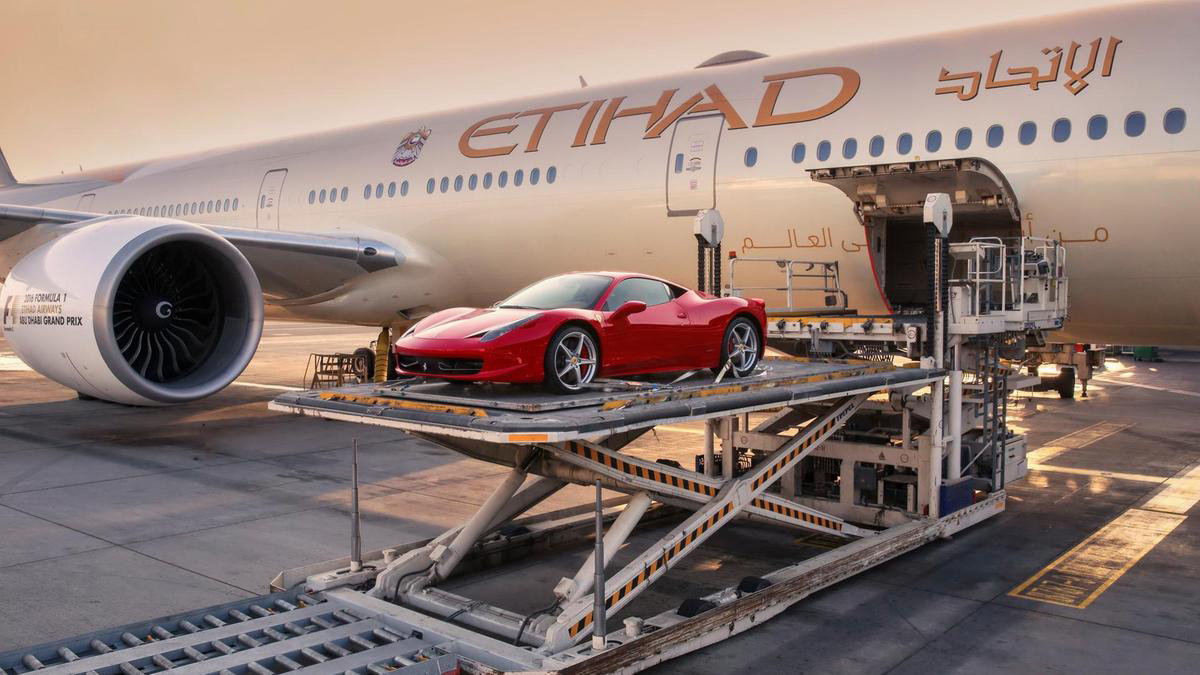How much does it cost to transport your car on an airplane to another country?
If you are contemplating whether purchasing a car locally or importing one over would be a cheaper option, the fact is that it depends on many factors. This article on 12 Tips to Note Before Buying and Importing a Car is extremely useful in providing comprehensive tips you should take note of before deciding whether to import a car.
 To answer your question – in order to find out the shipping cost by air, these are some of the factors that play a part.
To answer your question – in order to find out the shipping cost by air, these are some of the factors that play a part.
- Size and weight of the car
- Whether the car is new/used
- Shipping destination
- Import and export taxes
Naturally, the larger and heavier the car is, the more expensive it will be to transport. Also, different countries have varying regulations and laws with regards to the export and import of a vehicle.
For example, in the case of Singapore, shipping a car there will incur a S$10,000 surcharge. On top of that, Singapore has put some schemes into place to reduce air pollution via the Carbon Emissions-Based Vehicle Scheme and Vehicular Emissions Scheme (VES). These schemes state that if your car has a high emission of the pollutants mentioned, a surcharge will be incurred.
Take the VES for example:
 It applies to cars that are registered from 1 January 2018 to 31 December 2019 (both dates inclusive) and considers 4 pollutants – carbon dioxide (CO2), hydrocarbons (HC), carbon monoxide (CO), nitrogen oxides (NOx) and particulate matter (PM).
It applies to cars that are registered from 1 January 2018 to 31 December 2019 (both dates inclusive) and considers 4 pollutants – carbon dioxide (CO2), hydrocarbons (HC), carbon monoxide (CO), nitrogen oxides (NOx) and particulate matter (PM).
Therefore, do check out the regulations of the countries you’re exporting from and importing to to be able to better calculate the costs involved.
Some other factors that may affect the overall (and long-term) costs of buying and importing a car include:
- Rarity of car parts
- Maintenance costs
- Vital car specifications, e.g. fuel efficiency
- Accident history information (for secondhand cars)

Knowing every detail of your desired car is important if you want to get a bang for your buck. Another thing is to compare the prices of the car that you want across different countries (it is not necessarily true that cars are always cheaper in their country of origin!).
Lastly, request for free quotations from different shipping agents so that you can do a cost comparison. If you’d like the shipping process to be hassle-free, you might want to consider engaging a freight forwarding company instead, as they typically handle all the paperwork, customs clearance and freight insurance on your behalf.
Here are a few tips if you have the spare change and are determined to bring your dream machine home.
1. Get involved in the motoring community
The easiest way to get started isn’t necessarily getting online and searching for a relevant website for correct procedures. Use your network of petrol head contacts, and ask anyone you know with a fine motor. They will probably be almost as excited as you to see a new beauty arrive. It may just be the best thing you do to make your dream a reality.
2. Employ professionals
Hire a legitimate customs broker. There are just as many illegitimate ones floating around, which could turn your dreams into a nightmare, so check, check and check again before you sign up. Paperwork moves faster in all directions but the right one, so hiring someone with the knowledge and right contacts at your port of arrival will save you time and money. At some point this guy will potentially have you by the balls, with your car poised hopefully at the port, waiting to break free of the reams of red tape. Remember that.
3. Know all the laws
Besides the ludicrous import duty, there are numerous restrictions and rules that need to be followed before a car can even be imported into the country. Here are the five big restrictions. One, the vehicle being imported should not be manufactured or assembled in India. Two, it should not have been sold, leased or loaned prior to being imported to India. Three, it must not have been registered for use in any country prior to being imported to India. Four, the car should be imported only from the country of manufacture and five, should comply with Central Motor Vehicles Rules (CMVR), 1989.
4. Do the maths
The total customs duty on most automobiles comes to over one and a half times the cost of the vehicle. So give it a long, hard think before you part with your hard-earned wad. How much do you want it?
5. Have a blast
Most importantly, when everything is cleared and you’re living the dream in your flash set of wheels, invite GQ along for the ride.



















